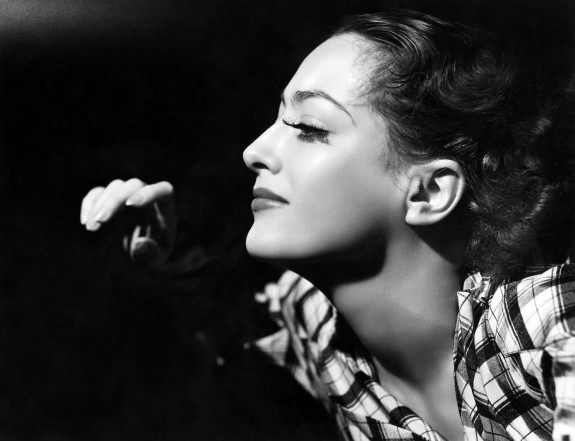When Audrey Hepburn failed to receive an Oscar nomination for her leading role in George Cukor's My Fair Lady (1964), she was quite devastated. The fact that she had not done her own singing is regarded as one of the main reasons for the Oscar snub. While Audrey had been allowed to do her own singing on Funny Face (1957) and Breakfast at Tiffany's (1961), her vocal range was too limited for the more demanding songs of My Fair Lady. Despite her hard work on the songs with a vocal coach, halfway through production Audrey was told by Cukor that her singing wasn't good enough. (Unlike Audrey, Julie Andrews who had successfully played the role of Eliza Doolittle on the stage was an experienced soprano; she was, however, passed over for the film adaptation because she had no film experience whereas Audrey was already a star.)
 |
| Above and below: Audrey Hepburn and director George Cukor on the set of My Fair Lady. |
Marni Nixon had previously dubbed Deborah Kerr in The King and I (1956) and Natalie Wood in West Side Story (1961) and was hired to also dub Audrey's singing voice. When word got out about Nixon's singing and just how little Audrey herself had sung --Audrey can be heard half-talking half-singing in a couple of songs-- it led to negative reactions in the gossip columns. Influential columnist Hedda Hopper, for example, wrote: "With Marni Nixon doing the singing, Audrey gives only half a performance". The bad publicity very likely prevented Audrey from getting her Oscar nomination.
In an attempt to cheer up Audrey for not being nominated, director and good friend George Cukor wrote her a brief letter on 26 February 1965. In it, Cukor gives Audrey an encouraging message from a fellow actress and a dear friend of his, i.e. "the other actress of the Clan Hepburn" who had been through "this kind of thing" herself. Katharine Hepburn's words to Audrey are quite sweet and must have given Audrey's self-confidence at least a little boost. (Incidentally, Cukor and Katharine had been close friends ever since they started working together in the 1930s; Cukor and Audrey became close during the filming of My Fair Lady and remained friends until Cukor's death in 1983.)
Source: Bonhams
Transcript:
It's bound to tickle you. (Lest her handwriting drive you up the wall, Irene has deciphered it.) Here is the Voice of Experience. She's been through this kind of thing. It touched me because it's shot through with such warmth of feeling for you, and such high regard.
Dearest, dearest Audrey, you're lovely, talented, intelligent, distinguished, capable only of beautiful behaviour. You're possessed of all the graces and virtues including the rarest of all- simple kindness and plain goodness.
I hope all this praise doesn't make you become insufferable.
My loving regards, to you, Mel and Sean.
(signed) George
Mrs. Mel Ferrer
La Retama
La Morelaja
(Alcobendas)
Madrid
 |
| Friends for life: Katharine Hepburn and George Cukor on the set of The Philadelphia Story (1940). |
 |
| My Fair Lady was thé winner at the 37th Academy Awards (held on 5 April 1965) with 8 Oscars, including awards for Jack Warner (Best Picture), George Cukor (Best Director) and Rex Harrison (Best Actor); the three men are pictured above with Audrey Hepburn. At the Oscar Ceremony, Audrey was gracious enough to present the Best Actor award to Rex Harrison, even though it must have been difficult for her. If you click here, you can watch Audrey present the Oscar and see how clearly emotional she was. |































